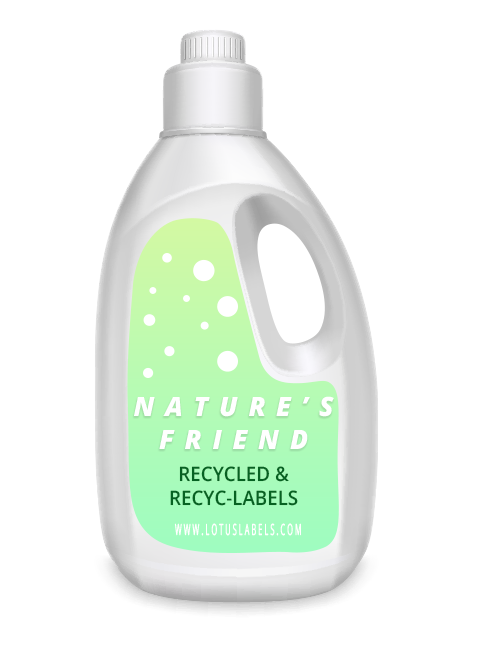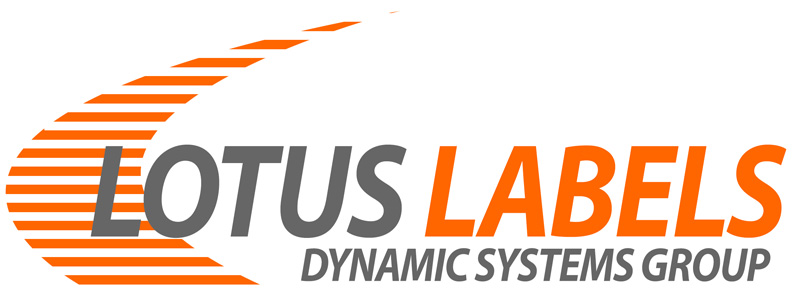Important for brand owners: Extended Producer Responsibility (EPR)
What is EPR?
Extended Producer Responsibility (EPR) legislation is a regulatory framework that holds producers responsible for the environmental impact of their products throughout their entire life cycle, including packaging waste. Under EPR, producers are obligated to manage and take financial responsibility for the collection, recycling, and safe disposal of their products and associated packaging waste. The aim is to shift the burden of waste management from governments and consumers to the producers themselves.
EPR legislation encourages producers to adopt sustainable practices, such as designing products and packaging that are easier to recycle or made from recyclable materials. It also promotes the establishment of collection and recycling systems, ensuring that products and packaging materials are properly managed at the end of their useful life.
By implementing EPR legislation, governments aim to incentivize producers to minimize the environmental impact of their products, reduce waste generation, and promote a circular economy by encouraging the reuse and recycling of materials. EPR helps create a more sustainable and efficient waste management system, where producers are actively engaged in environmental stewardship and accountable for the waste generated by their products.
The specifics of EPR legislation can vary between countries and jurisdictions, with different requirements, targets, and timelines. The legislation typically applies to various industries, including packaging, electronics, batteries, and other products that have a significant environmental impact. Producers covered by EPR legislation are required to meet specific reporting, recycling, and waste management targets, as well as contribute financially to support the implementation and operation of recycling and waste management systems.
Overall, EPR legislation plays a crucial role in driving sustainable practices, reducing waste, and promoting a more environmentally responsible approach to production and consumption.
Points to remember…
1. Understanding Extended Producer Responsibility.
EPR legislation shifts the burden of waste management from consumers and local governments to producers. Brands are legally obligated to manage and dispose of their packaging waste responsibly. EPR promotes sustainable product design, waste reduction, and recycling initiatives to achieve a more environmentally conscious approach.
2. Identification of Packaging Producers.
Packaging producers encompass manufacturers, importers, distributors, and retailers who introduce packaged products to the market. These brands are responsible for the packaging used in their products and must adhere to EPR requirements.
3. Compliance and Reporting Obligations.
Brands operating under EPR legislation must comply with specific obligations. This includes registering with relevant authorities, reporting on packaging usage and recycling rates, and contributing financially to waste management initiatives. Compliance ensures brands fulfil their responsibilities and contribute to the sustainable goals of the legislation.
There are four key steps a brand needs to focus on for packaging EPR:
- Prepare – understand how your organisation is impacted and your required actions.
- Collect – efficiently gather the required data about your packaging.
- Comply – register, submit data and pay financial obligations on time.
- Improve – reduce the environmental impact of your packaging and your EPR liabilities.
4. Emphasis on Sustainable Packaging Design.
As packaging producers, brands must prioritize sustainable packaging design. This involves selecting environmentally friendly materials, promoting recyclability, minimizing non-recyclable plastics, and exploring innovative eco-friendly packaging alternatives. Sustainable design choices enable brands to reduce waste and facilitate recycling processes.
5. Participation in Collection and Recycling Initiatives.
Brands are required to establish or participate in collection and recycling programs for their packaging waste. Collaboration with recycling facilities, waste management organizations, and local governments is essential for effective waste collection, sorting, and recycling. Brands can also play an active role in educating consumers about proper recycling practices.
6. Delegating Responsibilities to EPR Organizations.
In some cases, brands opt to delegate their responsibilities to Extended Producer Responsibility organizations. These specialized entities manage recycling and waste disposal obligations on behalf of multiple brands, streamlining compliance efforts and benefiting from their expertise.
Conclusion.
Extended Producer Responsibility legislation places significant responsibilities on brands as packaging producers. Compliance with EPR requirements is crucial for brands to contribute to sustainable waste management practices. By prioritizing sustainable packaging design, participating in collection and recycling initiatives, and fulfilling reporting obligations, brands can play a vital role in reducing packaging waste and promoting environmental stewardship. Effective implementation of EPR legislation requires collaboration between brands, consumers, and authorities, leading to a more sustainable future.

The EPR legislation affects all brands that sell products in packaging to the consumer/ household market.
We recommend seeking professional advice on how it affects your business and brand.
For advice with your labels or cartons, we can assist, whether your aim is to streamline your label offering or enhance them to be more eco-friendly to reduce your EPR obligations
Large organisations
To be obligated under the regulations as a large organisation, businesses must meet or exceed two thresholds:
- A turnover of more than £2 million, and;
- Exceed 50 tonnes or more of packaging supplied to the market annually.
Large organisations: submission dates
If you’re a large organisation under EPR for packaging, you’ll need to submit your packaging data between 1 July 2023 and 1 October 2023.
This must cover the period 1 March 2023 to 30 June 2023. If you have the required data for the period 1 January 2023 to 28 February 2023, you should also include it in this submission.
For the period from 1 July 2023 to 31 December 2023, you’ll need to submit your data between 1 January 2024 and 1 April 2024.
Large organisations in Wales should comply with this reporting schedule if they have the required data. If they do not have the required data, they should start collecting data from the date the regulations come into force in Wales in mid-2023 and submit it between 1 January 2024 and 1 April 2024.
Small organisations
To be obligated under the regulations as a small organisation, businesses must meet or exceed two thresholds:
- A turnover of more than £1 million, and:
- Exceed 25 tonnes or more of packaging supplied to the market annually.
Producers that meet or exceed this lower threshold are only obligated for reporting their packaging data, they have no financial obligation like those obligated by the higher threshold
Small organisations: submission dates
If you’re a small organisation under EPR for packaging, you’ll need to submit your data between 1 January 2024 and 1 April 2024.
This must cover the period 1 March 2023 to 31 December 2023. If you have the required data for the period 1 January 2023 to 28 February 2023, you should also include it in this submission.
Small organisations in Wales should comply with this reporting schedule if they have the required data. If they do not have the required data, they should start collecting data from the date the regulations come into force in Wales and submit it between 1 January 2024 and 1 April 2024.
Contact Us
1 Park View, Alder Close,
Eastbourne, BN23 6QE,
East Sussex, UK
© 2025 Lotus Labels.
Web Design by Kintoweb
